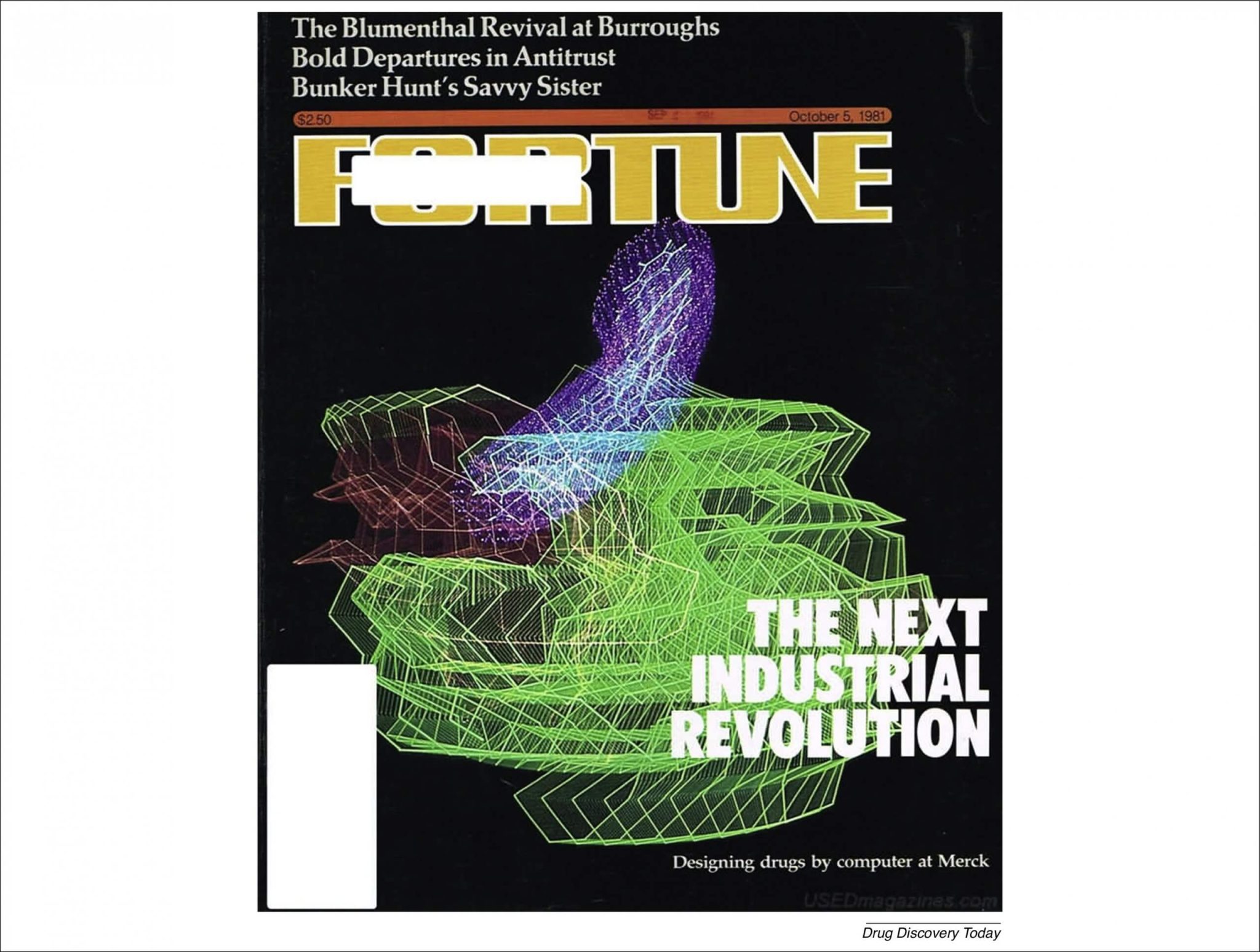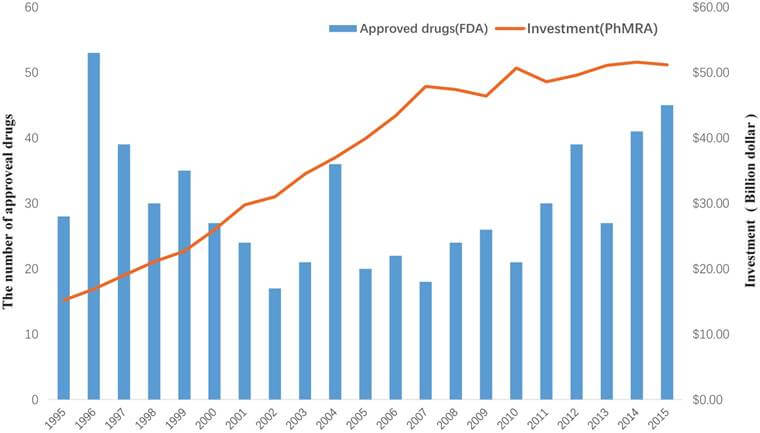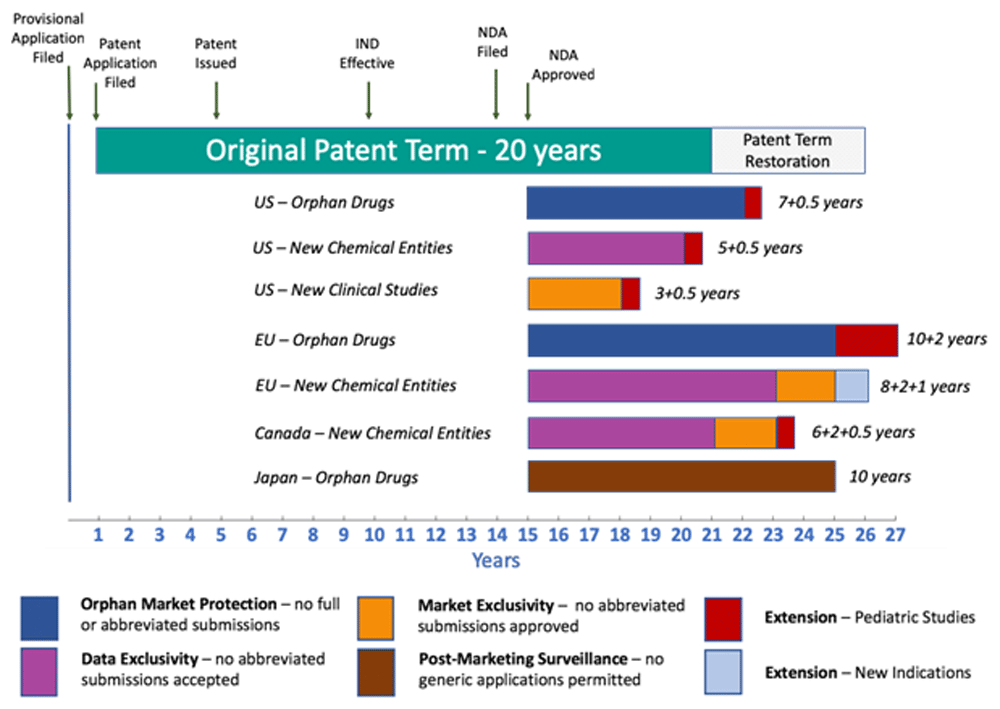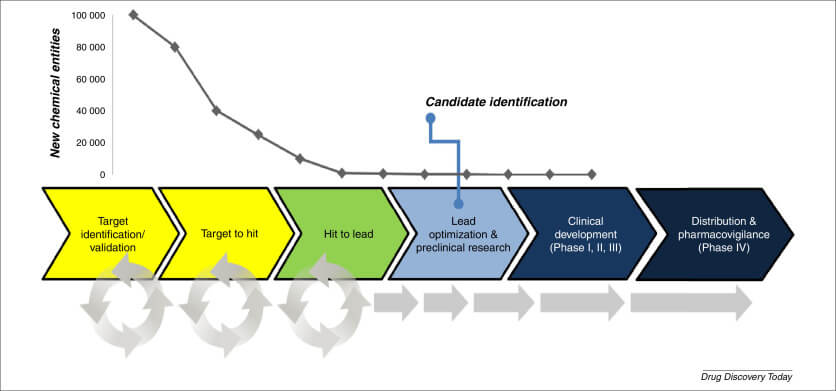When it comes to researching and navigating the complex world of drug patents, inventors and researchers often turn to various tools to find relevant information. Google Patents, with its user-friendly interface and vast database, might seem like an ideal resource. However, there are several reasons why relying solely on Google Patents can be risky, especially in the context of pharmaceutical patents.
Security and Privacy Concerns
One of the primary concerns with using Google Patents is the issue of security and privacy. While Google’s privacy policy suggests that they do not use search data to steal intellectual property, the risk of willful patent infringement and the potential for enabling disclosures are still present.
Willful Infringement
Using Google Patents can expose you to prior art that you may not have been aware of, which could lead to accusations of willful infringement if you proceed with your invention without properly addressing the existing patents. This risk is particularly significant because the URL of the patent search results can serve as evidence that you accessed the prior art, making it easier to prove willful infringement.
Enabling Disclosures
There is also a concern that the search terms you use could be considered a public disclosure, potentially enabling others to replicate your invention. Although this is a hypothetical risk, it highlights the need for caution when using public search tools for sensitive research.
Limited Database Updates
Google Patents is not updated as frequently as other specialized patent search tools. This means that you may not have access to the most recent patents, which could be crucial for your research. The database’s limitations, such as only showing up to 300 results for a given search, further restrict the comprehensiveness of your search.
Anticompetitive Effects
Pharmaceutical patents, in general, have been criticized for their anticompetitive effects. Companies often use patents to extend their market exclusivity, which can delay the entry of generic drugs into the market. This strategy involves amassing a large number of low-value patents to deter generic manufacturers, a tactic that is both costly and harmful to consumers.
Patent Trolling and Evergreening
Drug companies sometimes engage in practices like “evergreening,” where they make minor modifications to existing drugs to extend their patent protection. This can lead to a situation where a single drug has multiple patents, each extending the exclusivity period. Such practices are akin to those of patent trolls, who accumulate low-value patents to extort payments from other companies.
Impact on Generic Competition
Patents on risk evaluation and mitigation strategies (REMS) are another area where Google Patents may fall short. REMS patents can provide an additional layer of market exclusivity, delaying generic competition. For instance, Celgene used REMS patents to keep generics off the market for thalidomide, a drug that earned billions during the period of exclusivity.
Delayed Generic Entry
The presence of REMS patents can complicate generic entry in several ways. Generic manufacturers may need to negotiate shared REMS with brand-name manufacturers, and challenges to these patents can lead to significant delays. For example, the first generic marketing of lenalidomide occurred 16 months after the expiration of the last-expiring REMS patent, highlighting the potential delay caused by these patents.
Negative Innovation
The patent system can sometimes drive innovation in directions that are harmful to patients. This phenomenon, known as “negative innovation,” occurs when patents incentivize the development of products that are not necessarily better but are patented to maintain market exclusivity. This can result in the development of “me-too drugs” and a lack of innovation in areas that are less profitable, such as antibiotics.
Misaligned Incentives
The current patent system often misaligns incentives, encouraging drug companies to focus on diseases that affect wealthy populations rather than those that disproportionately affect the poor and developing nations. This misalignment can lead to a lack of innovation in critical areas and an overemphasis on drugs that offer minimal therapeutic benefits but significant financial returns.
Industry Expert Insights
Industry experts and practitioners have expressed concerns about the use of Google Patents for sensitive research. For example, some companies strictly prohibit their staff from using Google Patents due to the risks associated with willful infringement and enabling disclosures. These concerns are not merely hypothetical; they reflect real-world practices where companies prioritize security over convenience.
Alternatives to Google Patents
Given the risks and limitations associated with Google Patents, it is advisable to use more specialized and secure tools for patent research. Paid search platforms, for instance, offer a layer of security and more comprehensive databases that are updated frequently. These platforms can provide a more thorough and reliable search experience, reducing the risks associated with public search tools.
Conclusion
While Google Patents can be a useful starting point for general patent research, it is not the ideal tool for finding and analyzing drug patents. The security and privacy concerns, limited database updates, and the broader issues with pharmaceutical patents make it a risky choice. Instead, researchers and inventors should opt for more specialized and secure tools to ensure comprehensive and reliable results.
Key Takeaways
- Security Risks: Using Google Patents can expose you to risks of willful infringement and enabling disclosures.
- Database Limitations: Google Patents is not updated as frequently as other tools and has limitations in the number of results it displays.
- Anticompetitive Effects: Pharmaceutical patents can delay generic competition and extend market exclusivity.
- Negative Innovation: The patent system can drive innovation in harmful directions.
- Industry Recommendations: Use specialized and secure tools for sensitive patent research.
FAQs
Q: Is Google Patents secure for sensitive research?
A: No, Google Patents is not considered secure for sensitive research due to the risks of willful infringement and enabling disclosures.
Q: How often is the Google Patents database updated?
A: The Google Patents database is not updated as frequently as other specialized patent search tools.
Q: What are the anticompetitive effects of pharmaceutical patents?
A: Pharmaceutical patents can delay generic competition, extend market exclusivity, and lead to practices like evergreening and patent trolling.
Q: What is negative innovation in the context of patents?
A: Negative innovation refers to the development of products that are not necessarily better but are patented to maintain market exclusivity, often resulting in harmful outcomes for patients.
Q: What are some alternatives to Google Patents for patent research?
A: Paid search platforms and specialized patent databases offer more security and comprehensive results, making them better alternatives for sensitive research.























